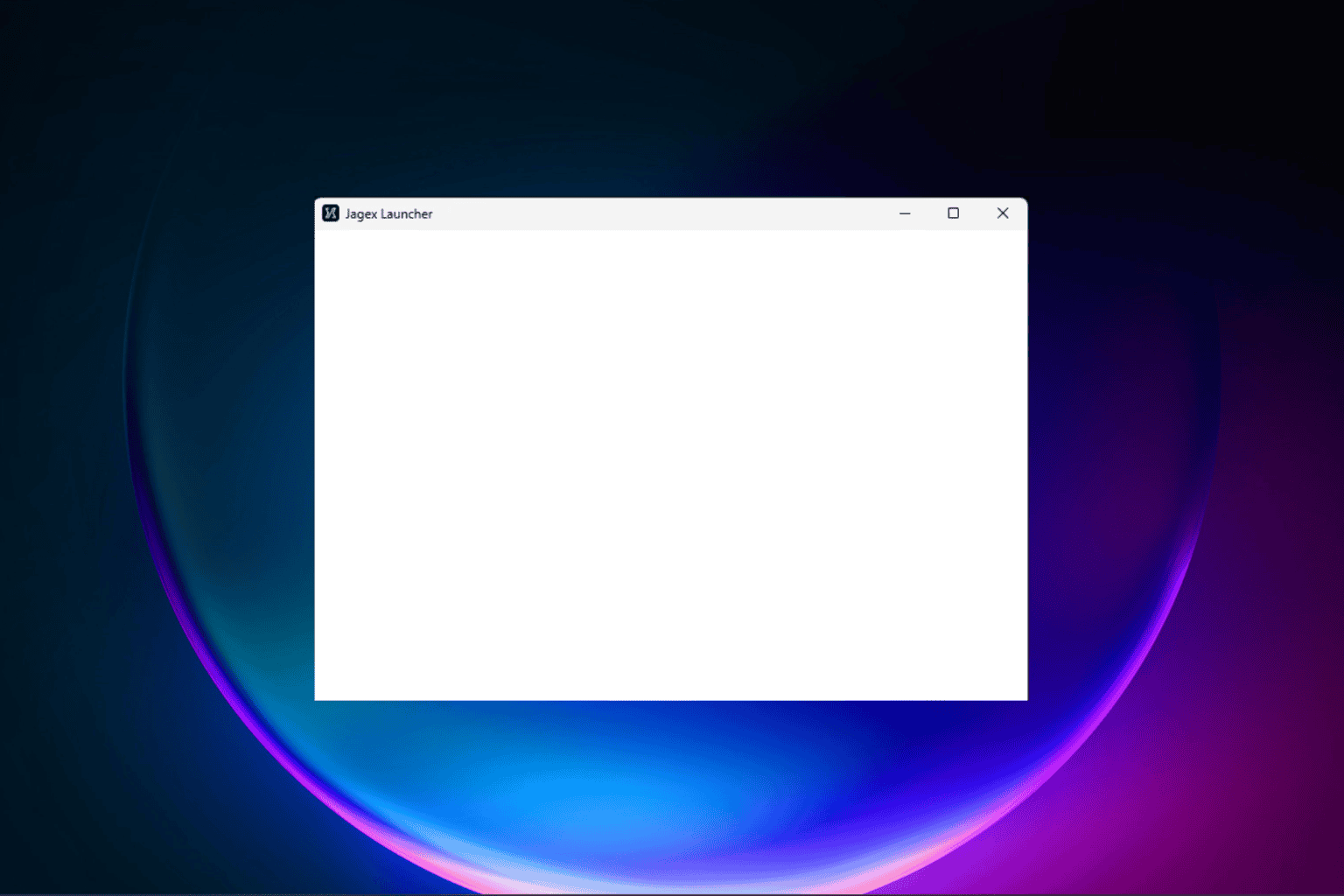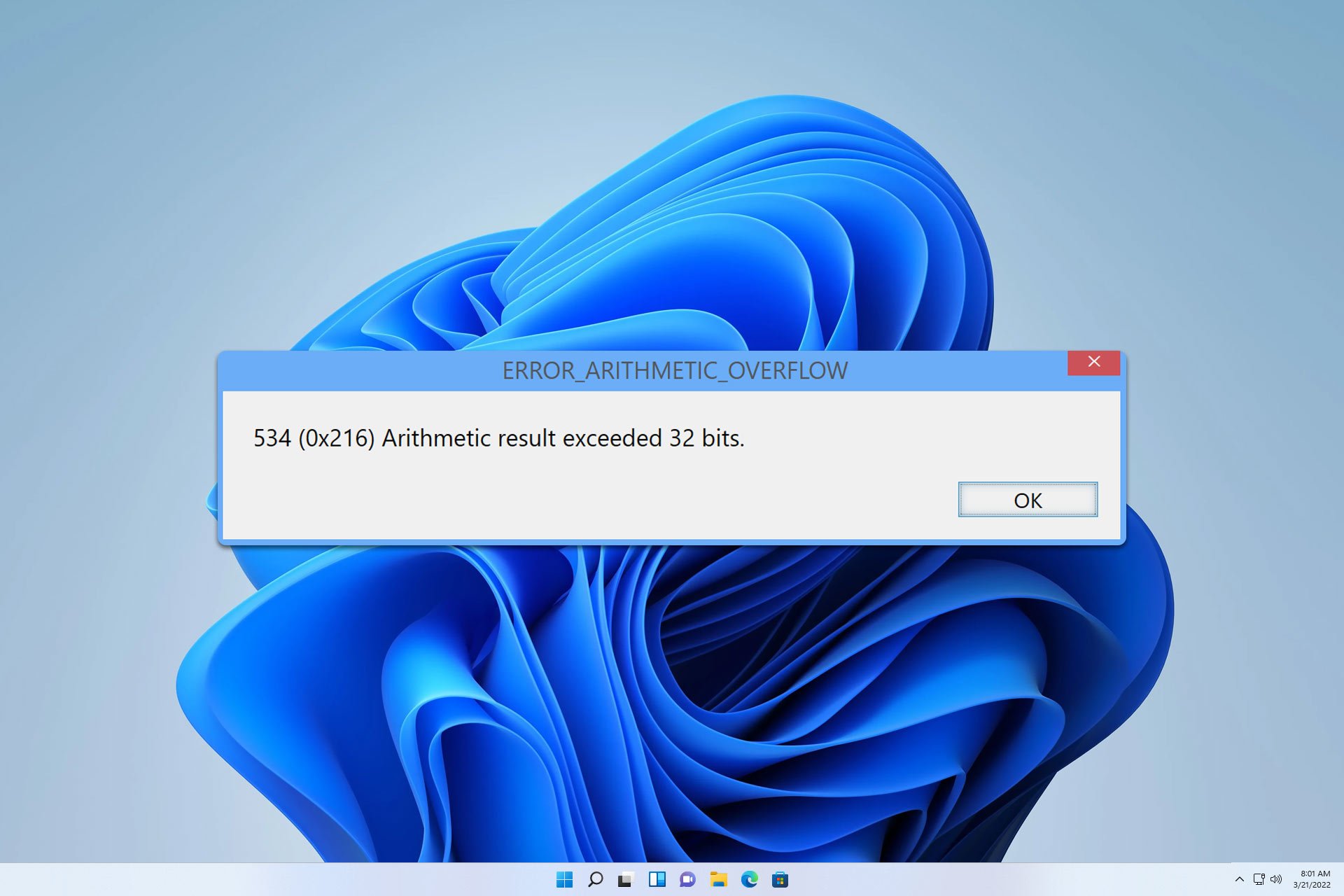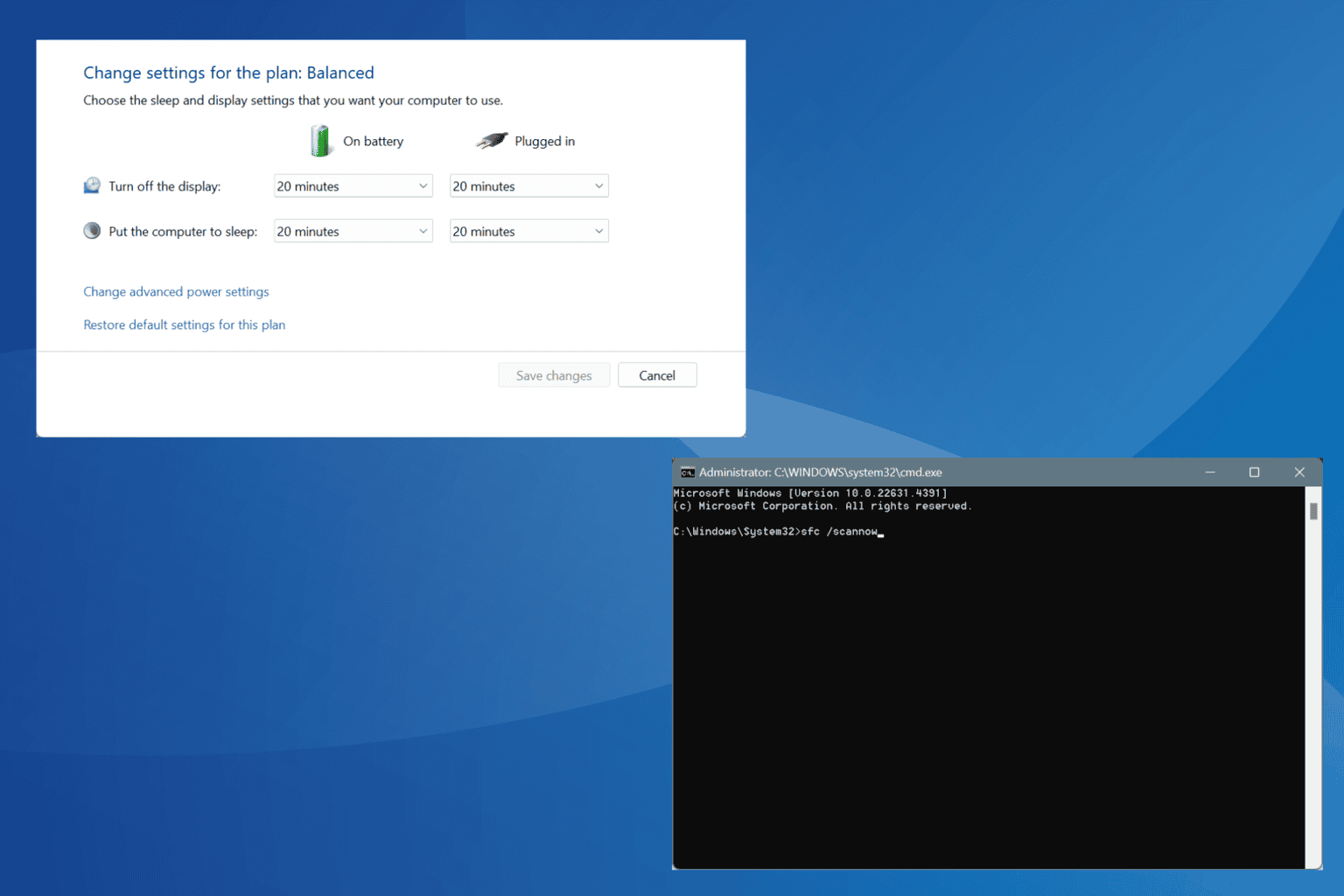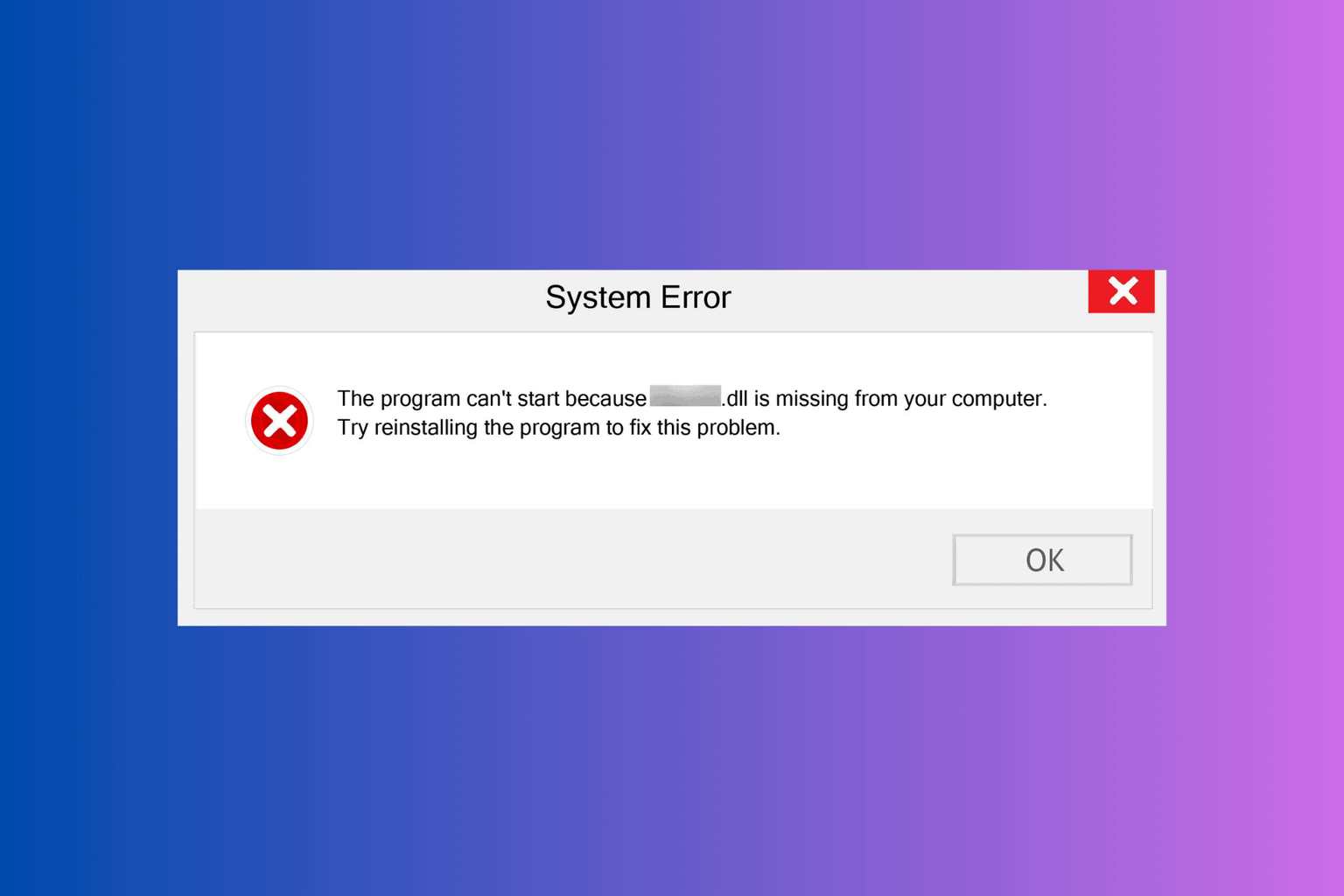Microsoft patents a Surface Book-like multi-pivot armadillo hinge
2 min. read
Published on
Read our disclosure page to find out how can you help Windows Report sustain the editorial team. Read more

From a patent for the “shy user interface” to another patent for a “phone pad,” the folks at the U.S. patent office have probably been very busy documenting and sorting through Microsoft patents. More recently, though, the folks over at Patent Yogi have dug up yet another Microsoft patent, this time, a patent for a multi-axis multi-pivot armadillo hinge.
Overall, the hinge seems very similar to the one already found in Microsoft’s Surface Book. Patent Yogi describes it as very flexible and mentions that it “can stabilize an entire device” by allowing the device to recline and fold upward and backwards. The patent for the new hinge, though, also details hinge cover portions which are over the multi-pivot hinges to protect the hinges from foreign objects, and the user from being pinched.
As per Patent Yogi, the patented hinge also includes a quick attach and detach assembly to allow the user to detach primary and secondary portions of an attached device (in order to use the two independent of each other.) Again, this is somewhat similar to the already existing hinge on Surface Book, which features a display that can be pulled apart from the hinge on the keyboard.
The patent, however, mentions other uses for the hinge, including attaching a first touchscreen to one portion, and a second touch screen to another portion. In the patent documentation, which was filed back in November of 2014, Microsoft officially describes the hinge as follows.
The description relates to devices such as computing devices that have hinged portions One example can include a first portion and a second portion. This example can also include a multi-pivot hinge unit rotatably securing the first and second portions. This example can further include a set of rigid hinge cover portions that are configured to be able to rotate relative to none another while collectively covering the multi-pivot unit.
While a bit dated back to 2014, the patent is nonetheless very interesting. We would love to hear your thoughts on this patent, so be sure to drop us a comment below!








User forum
0 messages